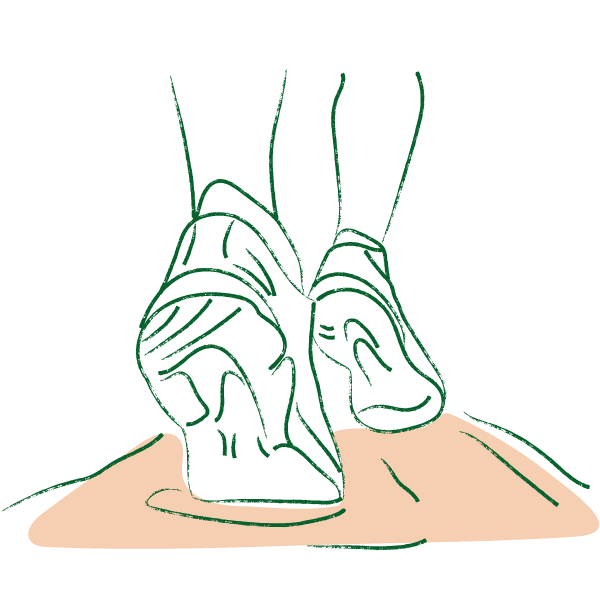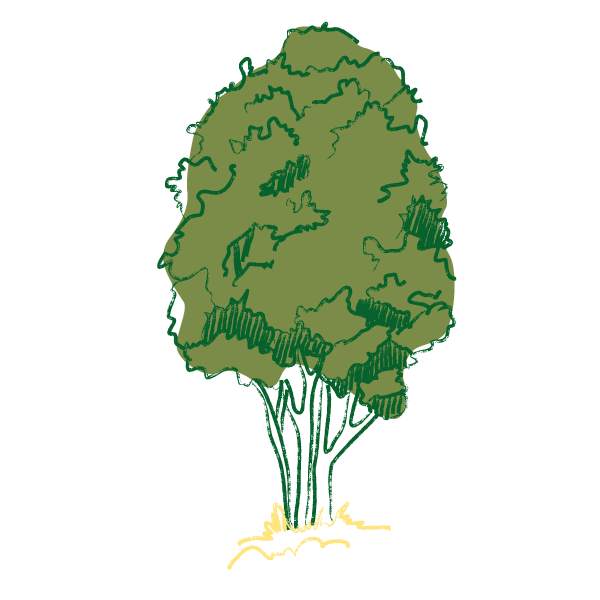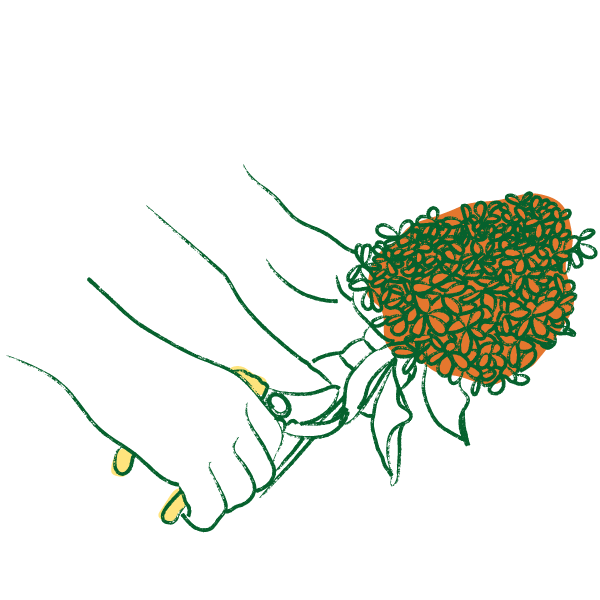
Green Care
GreenME defines green care as a way of conceptualizing different ways of engaging with nature that can improve human health and wellbeing. It is framed within a three-level model from nature-in-everyday life (e.g., where support is given through provision of green and blue infrastructure for viewing and walks), to nature-based health promotion (e.g., where support is given via the promotion of intentional interaction with nature such as gardening and conservation) to nature-based therapy (the provision of person-centered programmes for individuals).

Nature-in-Everyday Life
Nature in Everyday Life, is providing opportunities for engagement with nature as part of people’s everyday life, leading to improvements in health and wellbeing.
Examples:
1) A person may walk in nature more often if they live near a park that feels safe and relaxing to be in. 2) A person may spend time in nature through gardening as a part of their everyday life.

Nature-based health promotion
Nature-based health promotion uses organised activities to support people to engage with nature, leading to improvements in health and wellbeing. These initiatives offer nature-based activities within an organized structure without specific therapeutic aims.
Examples:
1) A person may walk in nature more often if the local health department organizes and promotes walking groups or self-organized routes that are easily accessible. 2) A person may be involved in an organized community gardening initiative where they spend time gardening with others.

Nature-based Therapy
Nature-based therapy is a therapeutic intervention directed by a trained facilitator in an indoor or an outdoor setting that includes exposure to and interaction with nature to enhance individuals' physical and mental health and well-being. [Note: This definition was refined by the eDelphi process conducted as part of GreenME Task 3.1, the development of a Theory-of-Change for Nature-based Therapies. This process is described in Deliverable 3.1).
Examples:
1) A person enrolled in a nature-based therapy program may walk in nature more often as the trained individual guiding the therapy includes walking in the therapy program activities. 2) A person may garden as part of a structured horticulture therapy program led by a trained facilitator.
Note
The term nature-based intervention has been used in Sweden and refers to programs, activities or strategies that aim to improve the health and wellbeing of participants through interaction and connection with nature (these are therapeutic, but do not necessarily include formal therapy).
The term green care intervention may be used to refer to an intervention at any of the three levels of green care.